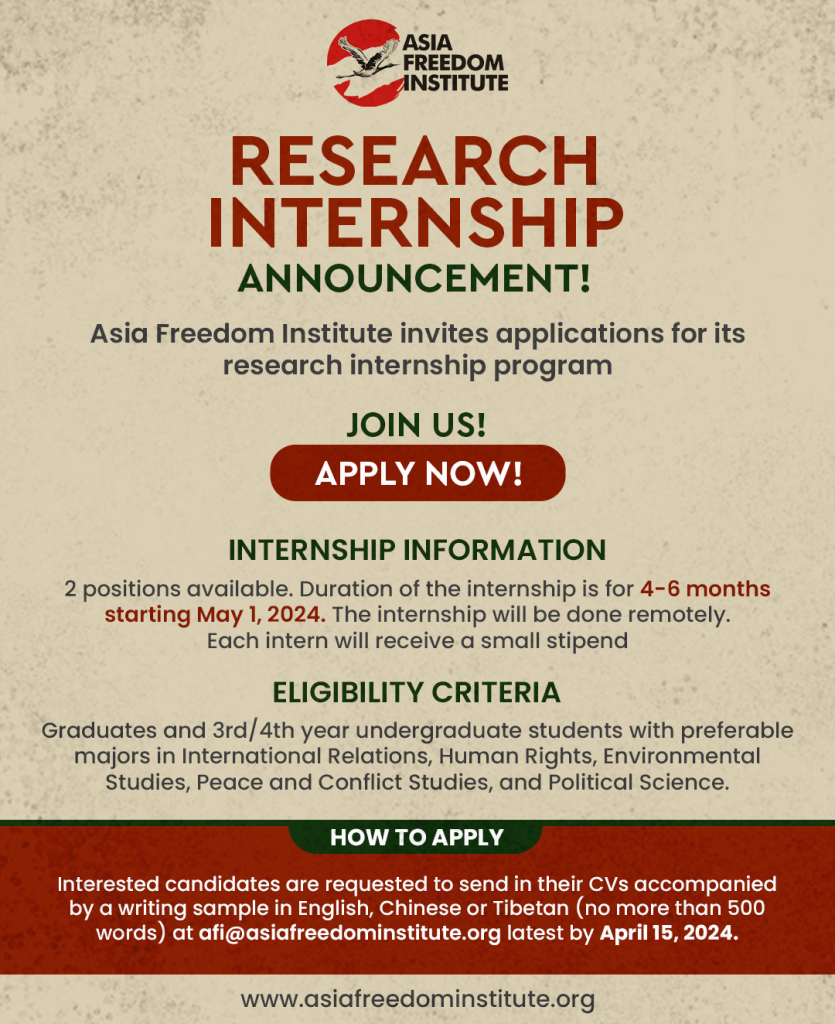The University of Cambridge’s Bennett Institute for Public Policy published a report in October 2022 which examines how worldwide attitudes towards the major international powers – China, Russia, and the United States – are shifting in the wake of the Ukraine war, China’s rising assertiveness, and recent challenges to American democracy. The report harmonized and merged data from 30 global survey projects spanning 137 countries. This included 75 countries surveyed since the Russian invasion of Ukraine and updated insights into the current views of 83% of all people across the globe.
The report’s key findings include:
“On the one hand, western democracies stand more firmly than ever behind the United States. Not only that, but the war in Ukraine has galvanised democratic societies worldwide – as the peoples of upper-income democracies in South America, the Asia-Pacific, and Eastern Europe have also moved to a more pro-American stance.”
“However, across a vast span of countries stretching from continental Eurasia to the north and west of Africa, (the report) found the opposite – societies that have moved closer to China and Russia over the course of the last decade. As a result, China and Russia are now narrowly ahead of the United States in their popularity among developing countries.”
“While the war in Ukraine has accentuated this divide, it has been a decade in the making. As a result, the world is torn between two opposing clusters: a maritime alliance of democracies, led by the United States; and a Eurasian bloc of illiberal or autocratic states, centred upon Russia and China.”
The authors of the report state “this new cleavage cannot be reduced to simple economic interests or geopolitical convenience. Rather, it follows a clear political and ideological divide. Across the world, the strongest predictors of how societies align respective to China or the United States are their fundamental values and institutions – including beliefs in freedom of expression, personal choice, and the extent to which democratic institutions are practised and perceived to be legitimate.”


